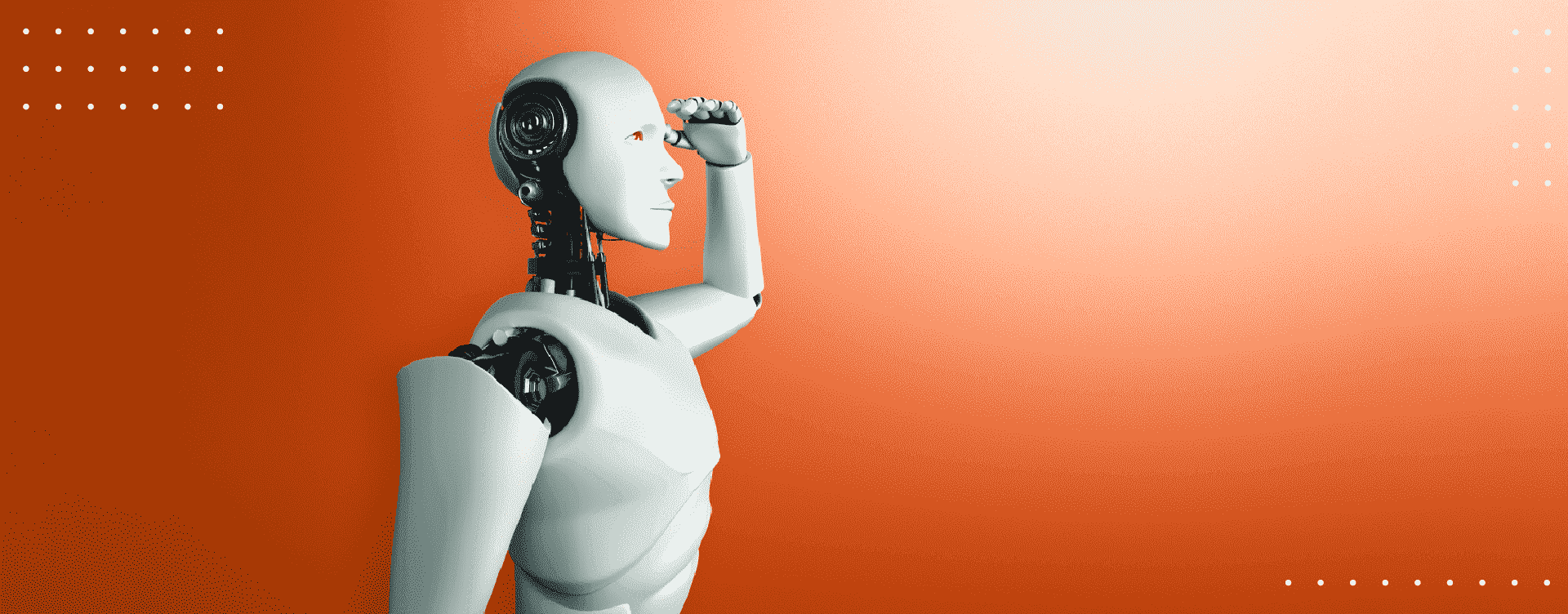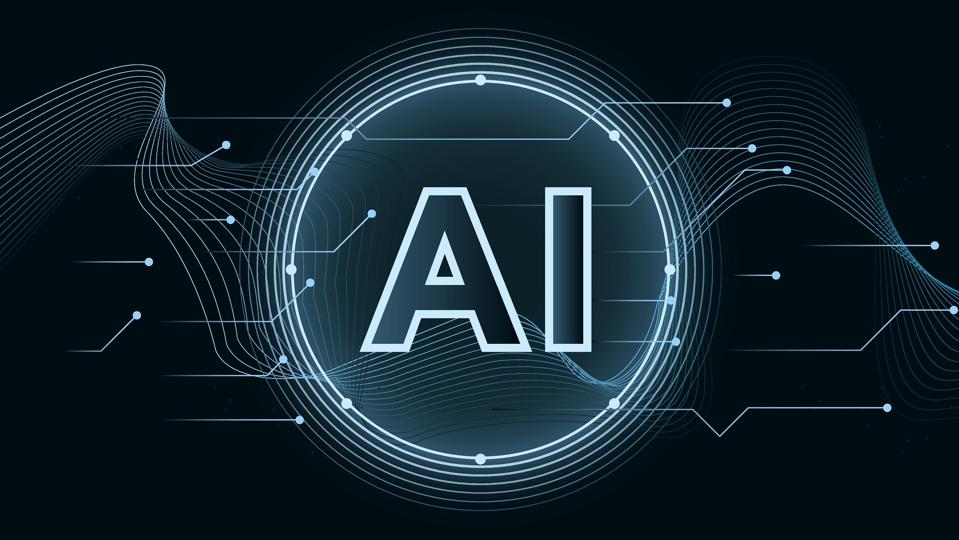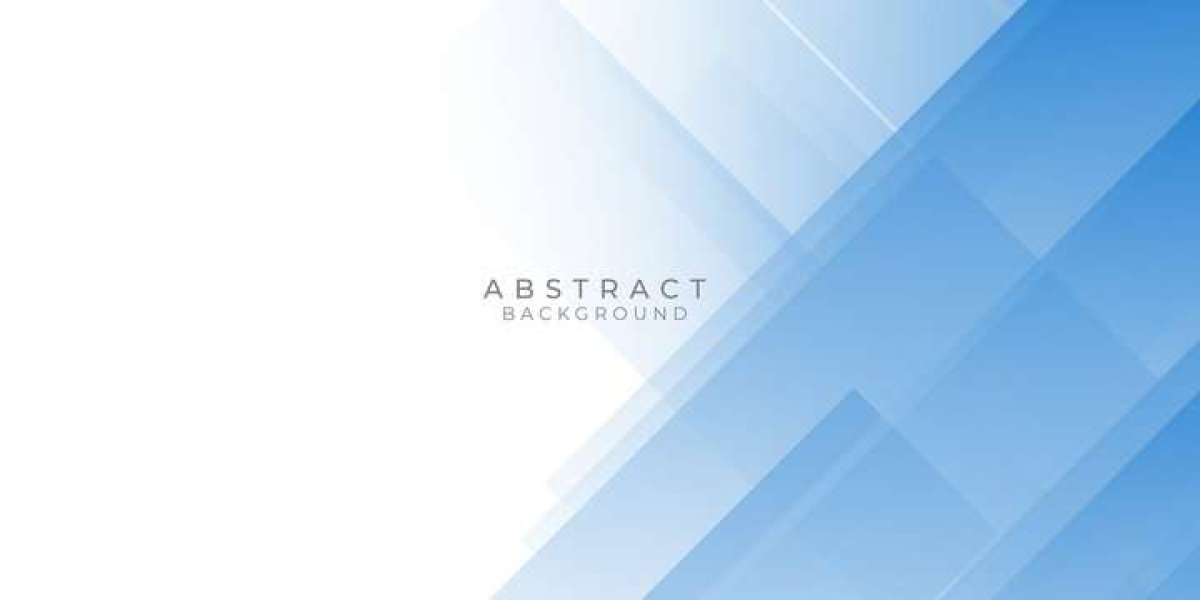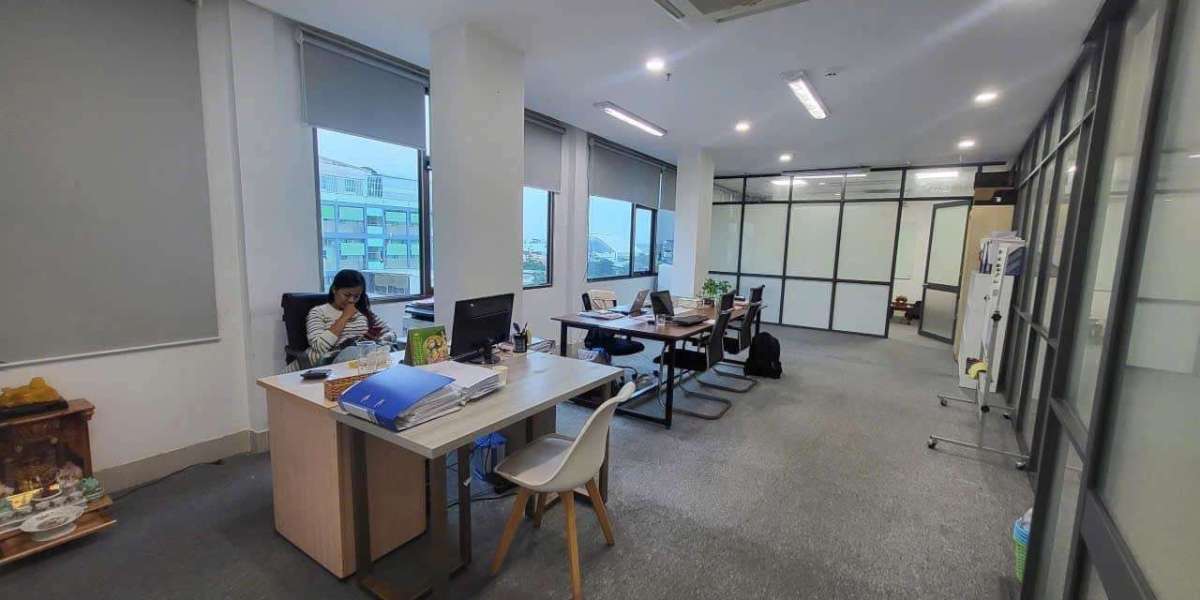
Artificial Intelligence (AI) is changing education while making discovering more accessible but likewise stimulating debates on its effect.

While students hail AI tools like ChatGPT for enhancing their knowing experience, speakers are raising issues about the growing reliance on AI, which they argue fosters laziness and undermines scholastic integrity, especially with numerous students unable to safeguard their tasks or given works.
Prof. Isaac Nwaogwugwu, a lecturer at the University of Lagos, in an interview with Nairametrics, expressed aggravation over the growing reliance on AI-generated actions amongst students recounting a current experience he had.
RelatedStories
Avoid sharing individual details that can identify you with AI tools- Expert alerts
Chinese AI app DeepSeek stimulates international tech selloff, difficulties U.S. AI dominance
"I gave a project to my MBA students, and out of over 100 students, about 40% submitted the specific same answers. These trainees did not even understand each other, but they all utilized the very same AI tool to generate their actions," he stated.
He kept in mind that this pattern is widespread amongst both undergraduate and postgraduate students however is specifically worrying in part-time and distance learning programs.
"AI is a major challenge when it concerns tasks. Many students no longer believe critically-they just browse the web, generate answers, and send," he added.
Surprisingly, some speakers are also implicated of over-relying on AI, setting a cycle where both teachers and trainees turn to AI for convenience instead of intellectual rigor.
This debate raises crucial concerns about the function of AI in scholastic stability and trainee advancement.
According to a UNESCO report, while ChatGPT reached 100 million regular monthly active users in January 2023, just one nation had released regulations on generative AI since July 2023.
Since December 2024, ChatGPT had over 300 million individuals using the AI chatbot weekly and 1 billion messages sent every day around the globe.
Decline of scholastic rigor
University speakers are progressively worried about trainees submitting AI-generated assignments without really comprehending the material.
Dr. Felix Echekoba, a speaker at Nnamdi Azikiwe University, expressed his issues to Nairametrics about students significantly counting on ChatGPT, just to struggle with responding to standard questions when evaluated.
"Many trainees copy from ChatGPT and submit sleek tasks, however when asked standard questions, they go blank. It's frustrating because education has to do with discovering, not simply passing courses," he said.
- Prof. Nwaogwugwu mentioned that the increasing variety of superior graduates can not be entirely associated to AI however admitted that even high-performing trainees utilize these tools.
"A first-rate student is a superior trainee, AI or not, but that doesn't indicate they don't cheat. The advantages of AI may be peripheral, but it is making students dependent and less analytical," he said.
- Another speaker, Dr. Ereke, from Ebonyi State University, passfun.awardspace.us raised a different issue that some lecturers themselves are guilty of the exact same practice.
"It's not simply trainees using AI lazily. Some speakers, out of their own laziness, produce lesson notes, course lays out, marking schemes, and even exam concerns with AI without evaluating them. Students in turn utilize AI to produce responses. It's a cycle of laziness and it is killing genuine knowing," he lamented.
Students' point of views on usage
Students, on the other hand, state AI has actually enhanced their knowing experience by making academic materials more easy to understand and available.
- Eniola Arowosafe, a 300-level Business Administration trainee at Unilag, shared how AI has considerably assisted her knowing by breaking down complex terms and offering summaries of prolonged texts.
"AI helped me understand things more quickly, specifically when dealing with intricate subjects," she discussed.
However, she remembered an instance when she used AI to send her task, only for her lecturer to right away acknowledge that it was created by ChatGPT and reject it. Eniola kept in mind that it was a good-bad impact.
- Bryan Okwuba, who recently finished with a top-notch degree in Pharmacy Technology from the University of Lagos, securely believes that his scholastic success wasn't due to any AI tool. He associates his exceptional grades to actively appealing by asking concerns and focusing on locations that speakers highlight in class, as they are often reflected in exam questions.
"It's everything about existing, focusing, and using the wealth of understanding shared by my associates," he stated,
- Tunde Awoshita, a final-year marketing trainee at UNIZIK, confesses to occasionally copying straight from ChatGPT when dealing with multiple deadlines.
"To be truthful, there are times I copy directly from ChatGPT when I have numerous deadlines, and I know I'm guilty of that, many times the speakers do not get to go through them, however AI has also assisted me discover faster."
Balancing AI's role in education
Experts believe the service lies in AI literacy; mentor students and speakers how to use AI as a learning help rather than a faster way.
- Minister of Education, Dr. Tunji Alausa, highlighted the combination of AI into Nigeria's education system, stressing the significance of a well balanced method that preserves human involvement while utilizing AI to improve finding out results.
"As we navigate the quickly progressing landscape of Artificial Intelligence (AI), it is crucial that we prioritise human firm in education. We need to make sure that AI boosts, rather than replaces, teachers' essential function in forming young minds," he said
Concerns over AI in Learning
Dorcas Akintade, a cybersecurity change expert, dealt with growing concerns concerning the use of expert system (AI) tools such as ChatGPT and their potential risks to the educational system.
- She acknowledged the benefits of AI, however, stressed the requirement for caution in its usage.
- Akintade highlighted the increasing resistance among educators and schools towards integrating AI tools in finding out environments. She recognized 2 main factors why AI tools are prevented in educational settings: security risks and plagiarism. She explained that AI tools like ChatGPT are trained to react based upon user interactions, which may not align with the expectations of teachers.
"It is not looking at it as a tutor," Akintade stated, explaining that AI does not cater to specific teaching techniques.
Plagiarism is another issue, as AI pulls from existing data, frequently without appropriate attribution
"A lot of people require to understand, like I said, this is information that has been trained on. It is not simply bringing things out from the sky. It's bringing info that some other individuals are fed into it, which in essence suggests that is another person's paperwork," she warned.
- Additionally, Akintade highlighted an early concern in AI development called "hallucination," where AI tools would generate details that was not accurate.
"Hallucination indicated that it was drawing out information from the air. If ChatGPT could not get that information from you, it was going to make one up," she explained.
She recommended "grounding" AI by offering it with particular info to prevent such mistakes.
Navigating AI in Education
Akintade argued that banning AI tools outright is not the service, particularly when AI presents an opportunity to leapfrog standard academic methods.
- She believes that regularly enhancing key info assists people keep in mind and avoid making errors when confronted with challenges.
"Immersion brings conversion. When you tell people the same thing over and over again, when they are about to make the errors, then they'll keep in mind."
She also empasized the need for clear policies and treatments within schools, keeping in mind that lots of schools must resolve individuals and process aspects of this use.
- Prof. Nwaogwugwu has turned to in-class tasks and tests to counter AI-driven scholastic dishonesty.
"Now, I generally use assignments to guarantee trainees supply initial work." However, he acknowledged that handling large classes makes this approach challenging.
"If you set intricate questions, students will not be able to utilize AI to get direct responses," he discussed.

He emphasized the requirement for universities to train speakers on crafting exam questions that AI can not quickly resolve while acknowledging that some speakers battle to counter AI misuse due to a lack of technological awareness. "Some speakers are analogue," he stated.
- Nigeria launched a draft National AI Strategy in August 2024, focusing on ethical AI advancement with fairness, transparency, responsibility, and personal privacy at its core.
- UNESCO in a report calls for the policy of AI in education, recommending organizations to examine algorithms, data, and outputs of generative AI tools to ensure they satisfy ethical requirements, protect user data, and filter improper content.
- It worries the need to assess the long-lasting effect of AI on vital abilities like believing and creativity while creating policies that align with ethical structures. Additionally, UNESCO advises executing age restrictions for GenAI usage to secure more youthful trainees and protect vulnerable groups.
- For federal governments, it advised embracing a coordinated nationwide approach to managing GenAI, consisting of developing oversight bodies and lining up guidelines with existing information protection and personal privacy laws. It emphasizes examining AI threats, implementing more stringent rules for high-risk applications, and making sure national data ownership.








